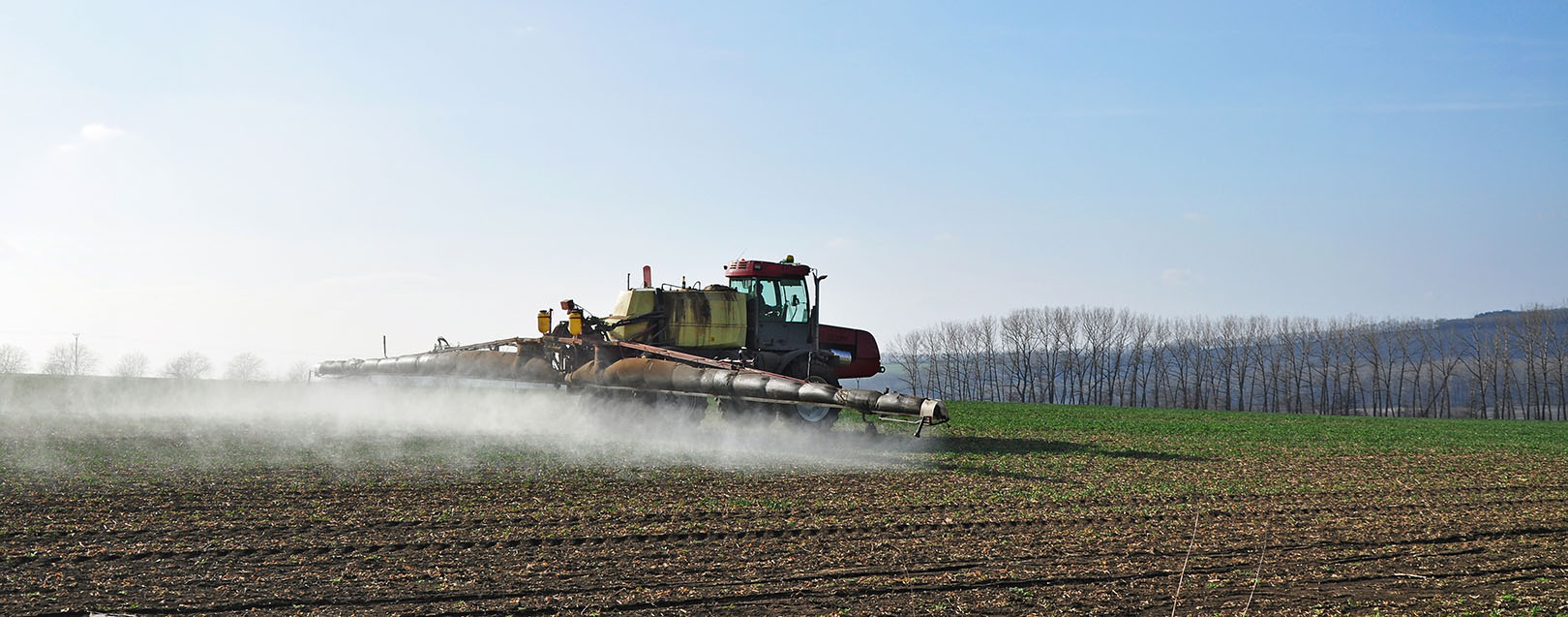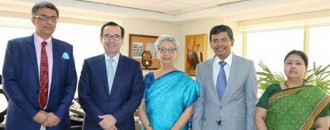
Tata Chem sells urea business to Yara for Rs 2,670 cr
The Dollar Business Bureau
Tata Chemicals Ltd, a Tata group company, has announced on Wednesday that it is selling its urea business to Norway's Yara International for Rs.2,670 crore ($400 million).
Under the agreement, Tata Chemicals will sell its Barbala urea plant in the state of Uttar Pradesh, which has a yearly capacity of producing 0.7 million tonnes of ammonia and 1.2 million tonnes of urea.
The deal is subject to regulatory clearance and is likely to be completed in the next 9-12 months’ time, and Yara International would fund this deal through its internal accrual.
“The Board has approved transfer of the business of sale and distribution of urea and customised fertilisers, manufactured by the company at its plants located in Babrala, Uttar Pradesh, by way of a slump sale to Yara Fertilisers India,” Tata Chemicals said in a statement.
The urea business in addition to the assets, liabilities, deeds, contracts, etc, would be acquired by Yara India in return of a consideration of lump sum of Rs.2,670 crore.
Briefing to the reporters on the deal, R Mukundan, Managing Director, Tata Chemicals said, “Largely, the deal is in line with the Tata Chemicals’ strategy of creating its consumer business, whereas we continue our leadership in inorganic chemical segment and try to emphasise on the farm business through Metahelix and Rallis.”
The company will continue to keep the ownership of the brands such as Paras, TKS and Daksha, and the deal does not comprise complex fertilisers and speciality products, he added.
Commenting on the deal, Svein Tore Holsether, President and Chief Executive Officer of Yara, said, “This acquisition shows another important step in Yara’s growth strategy, establishing an integrated place in the second largest market of fertiliser in the world.”
“We are quite impressed with the excellent operations that we have observed in the Babrala plant. This well-operated unit and its highly skilled workforce will make an outstanding addition to our production system globally," he added.






 to success.
to success.